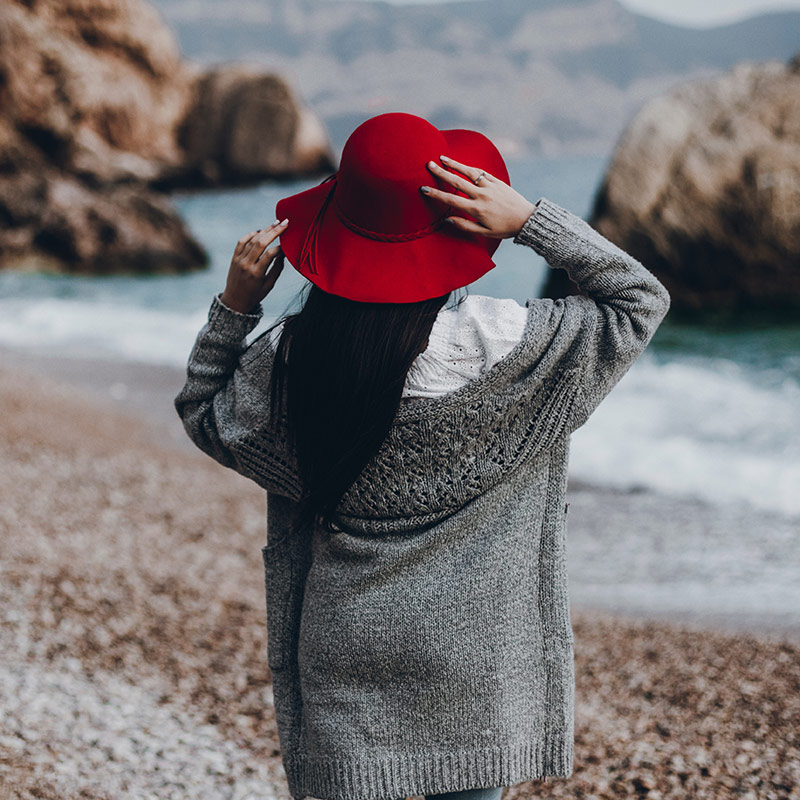

ASK QUESTION
Frequently Asked Questions
DO YOU HAVE ANY QUESTION?
GENERAL QUESTIONS
Given the complex geopolitical landscape involving Iran, it's understandable to harbor numerous inquiries about visiting the country.
We've compiled and addressed several common questions to assist you. We trust you'll find this resource informative.
For further assistance or to obtain additional information regarding any queries, please reach out to us at travelirantourism@gmail.com.
Iran's political milieu renders it an intriguing travel destination, which, according to records, remains one of the safest for tourists. Major cities like Tehran and Isfahan boast dedicated governmental tourism enforcement units whose sole mission is to safeguard and assist visitors. Additionally, cultural entities like Iran Tourism and the Heritage and Handicraft Organizations offer support programs for tourists, extending assistance even after their departure from the country.
Iran's vast expanse boasts a diverse climate, offering year-round attractions. Key periods to consider are the Iranian New Year and the month of Ramadan. Preparations for Nowruz, commencing on March 21, begin approximately two weeks in advance and the celebrations continue for another fortnight. During this festive interval, urban centers bustle with activity, and many businesses may close once the holidays commence.
Ramadan, observed by Muslims through daytime fasting, prohibits public eating and drinking; consequently, cafes and restaurants typically operate only in the evenings. This period varies annually on the Gregorian calendar. Additionally, when planning your visit, it's prudent to note any major conferences and exhibitions, which often occur in Ordibehesht, aligning with mid-April to mid-May on the Gregorian calendar.
Iran welcomes passport holders from across the globe. Travelers from 190 nations can secure a 30-day visa upon arrival at any international airport in Iran. Nationals from Azerbaijan, Armenia, Georgia, Turkey, Syria, Egypt, Lebanon, and Bolivia are exempt from requiring a visa to enter Iran. Russian tourists participating in organized tours are also visa-exempt.
However, due to the absence of diplomatic ties with the United States and Canada, American and Canadian visitors must be escorted by state-certified tour guides throughout their stay. For U.S. citizens, visa services for Iran are provided by the Iranian Interest's Section in Washington, D.C., while Canadian citizens can obtain their visas through the Embassy of Oman.
Notably, the US National Travel and Tourism Office reports an 11.5% rise in American tourists to Iran.
As Iran is disconnected from the international banking system, international bank and credit cards are unusable within the country. To circumvent the need to carry cash, travelers can opt for a Tourist Card, a prepaid card accepted within Iran, which can hold up to $5000 USD. These cards are available for purchase at international airports and can be recharged at Tourism Bank, Bank Melli, or Bank Sepah.
The local currency is the Rial, with denominations marked in both Farsi and English. However, prices are often quoted in 'Toman,' with one Toman equivalent to 10 Rials—hence, 1000 Toman equals 10,000 Rials. Currency exchange services are typically handled by exchange shops, which can facilitate transactions between Iran and other nations. Some banks offer international transaction services, and occasionally, hotels may assist with financial services.
Women are advised to dress modestly, avoiding tight clothing unless paired with a long, loose-fitting jacket or overcoat, and should always don a headscarf to cover their hair. Men should refrain from wearing shorts. At holy sites, women must wear a Chador, a full-length black cloak, which is provided for those without one.
Iran, unlike numerous countries, utilizes separate emergency numbers: 110 for Police, 125 for Medical Emergencies, and 115 for Fire Services. For directory inquiries, dial 118. Be aware that English-speaking operators may not always be available. It's prudent to compile a list of local emergency contacts before traveling to different areas within Iran.
Travel apps like TripAdvisor, Lonely Planet, and Foursquare provide valuable resources for visitors to Iran. Google Maps and Google Translate are extremely useful, along with a recommended date converter app. For transportation, the local equivalents to Uber, such as the Snapp and Tapsi apps, are convenient for getting around. For food delivery services, Snappfood and Delino are popular choices. Additionally, the Tehran Metro app is essential for navigating the metro system with accurate information and timetables.
When photographing in Iran, it's important to note that the use of large, professional-grade cameras is restricted at major historical sites and museums. While there are no limitations on importing such equipment into the country, and you'll find ample opportunities to use them elsewhere, tripods are also viewed as professional gear. Should you require professional shots of specific locations, obtaining a permit in advance is necessary; coordinating with your tour company for this can save time.
Look out for signs indicating photography restrictions on certain objects or areas, and always respect these rules. Cultural sensitivity is key—always ask for permission before photographing individuals. Additionally, public displays of affection, such as kissing or touching during photographs, contravene Islamic Law and are illegal in Iran. Nevertheless, the country offers abundant picturesque moments for photography and videography enthusiasts.
